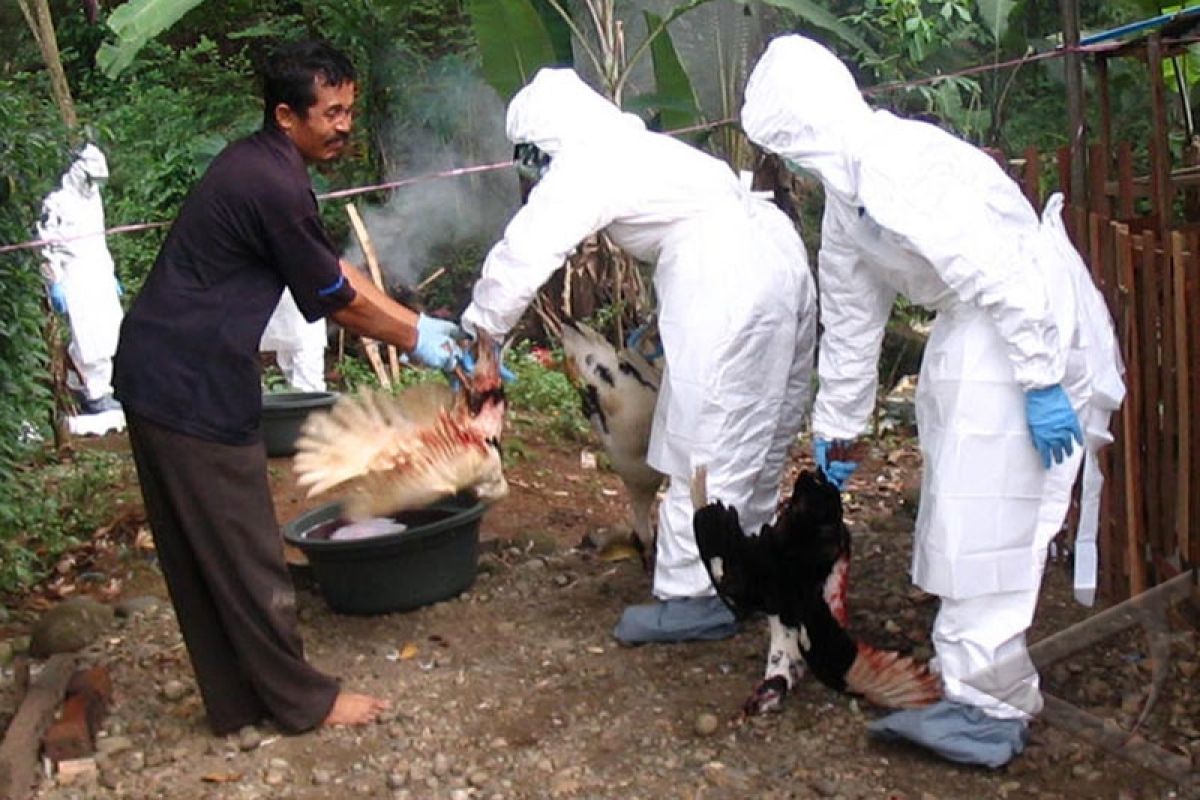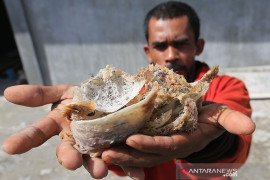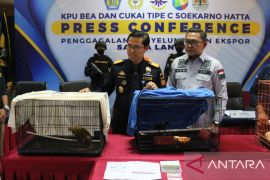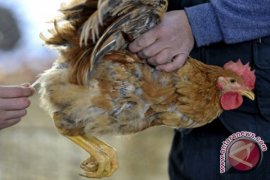"At least ten chickens have suddenly died. We don`t know the causes of the chickens` deaths but we are afraid the bird flu disease may have killed them," a Nabang Sari villager, Arivai, said here Monday.
Despite the fact that the outcomes of laboratory test remained unavailable, locals believed that the bird flu might be behind the chickens` sudden deaths, he said.
In saving his remaining chickens, he had moved them to other cages, Arivai said adding that residents generally had yet to know the way to handle the dead chickens.
Sharing Arivai`s fate, other resident named Syamsul said he had also lost at least 10 chickens over the past days.
"Related authorities need to help us resolve this problem so that we can get rid of severe material losses," he said.
Kedondong is one of seven subdistricts in Pesawaran district, which remains vulnerable to the bird flu attacks.
Indonesia has 33 provinces. Only three have been confirmed free from the bird flu threat.
Indonesia has been plagued by bird flu since 2005. However, the H5N1 type influenza is also known to have attacked chickens and birds in other Asian countries, such as Thailand, Cambodia, China, and Vietnam.
According to the World Health Organization (WHO), avian influenza or "bird flu" is a contagious disease among animals caused by a virus that normally infects only birds and, less commonly, pigs.
WHO has warned that avian influenza can spread very rapidly in a poultry or fowl population.
Over the past three weeks of January 2011, bird flu has also infected chickens in Mugirejo village, Sungai Pinang subdistrict, in Samarinda, East Kalimantan.
A bird flu outbreak had also spread in Kerinci district, Jambi province, recently.
According to a veterinarian in West Java, the bird flu virus attacking Indonesia was classified as "highly pathogenic avian influenza" (HPAI).
(R013/F001/S026)
Editor: Suryanto
Copyright © ANTARA 2011












